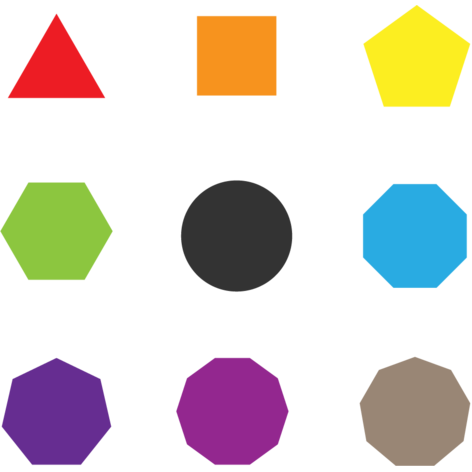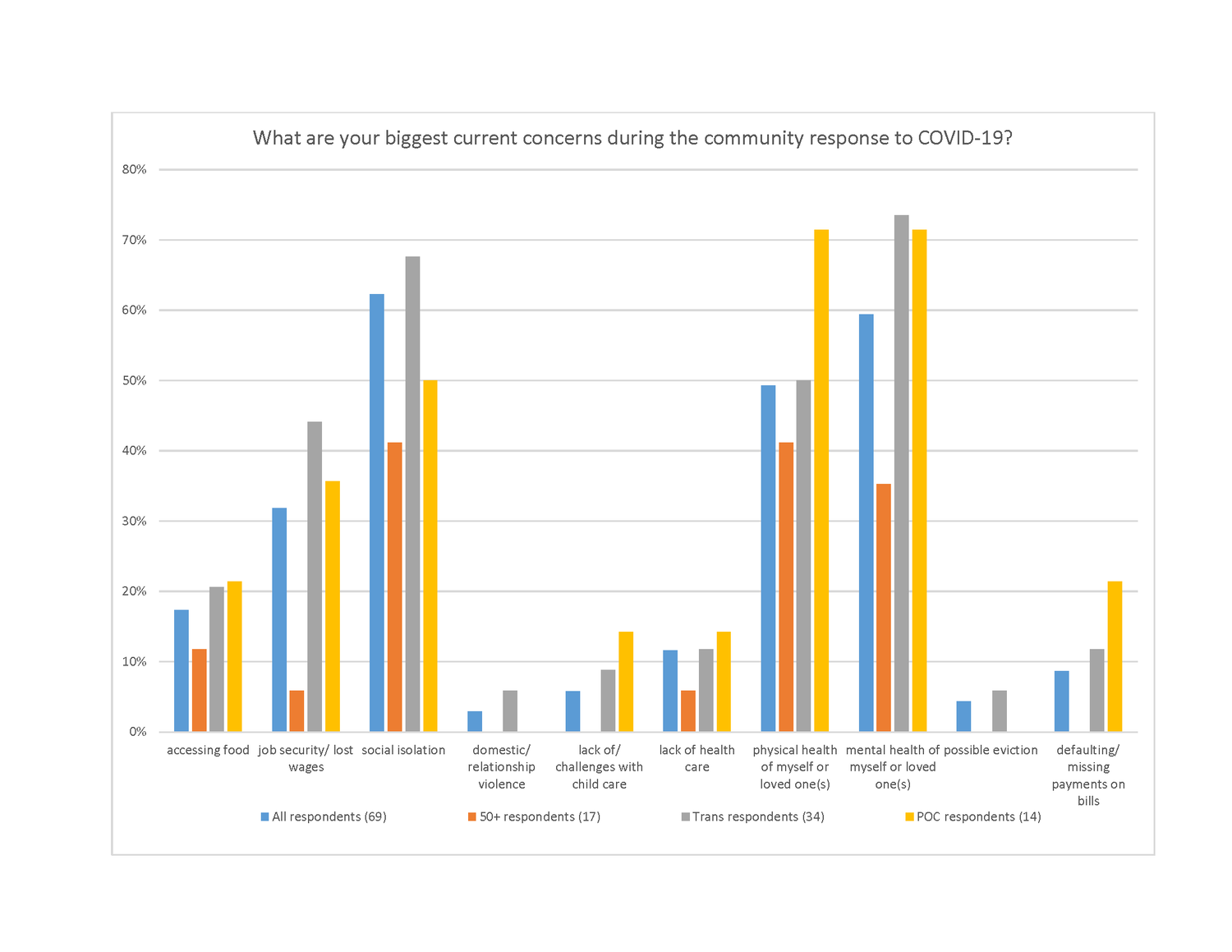Out Boulder County Makes Emergency Grants
Out Boulder County Makes Emergency Grants of up to $800 Each to People in Hard-Hit LGBTQ Community in 4 Counties
Boulder, Broomfield, Larimer, and Weld County Residents Get Help
Boulder, CO June 1, 2020—While we all have been impacted by COVID-19 and its devastating effects, the lesbian, gay, bisexual, transgender, and queer (LGBTQ) community is at higher risk to be more greatly affected both physically and financially. As a marginalized community, LGBTQ people are less likely to have health care coverage and experience higher rates of asthma, poverty and homelessness. According to the Human Rights Campaign[i]:
17% of LGBTQ people lack health coverage;
One in five LGBTQ people have not seen a doctor when they needed to because they couldn’t afford it;
21% of LGBTQ people have asthma, compared to 14% of non-LGBTQ people.
One in five LGBTQ people live in poverty and 40% of homeless youth identify as LGBTQ;
The top 5 industries that LGBTQ adults work in are industries heavily impacted by COVID-19, affecting 40% of LGBTQ workers (compared to 22% of non-LGBTQ individuals)
Out Boulder County (OBC) conducted two surveys in March and April to gauge the impact on and status of our LGBTQ community members during COVID-19. An excerpt of results is shown below:
Social isolation is a significant concern as it is a strong underlying factor in mental health status. It carries additional significance to LGBTQ individuals who may not have access to affirming interactions, such as use of one’s correct name and pronouns, during social distancing. This can compound mental health impacts and concerns for marginalized community members.
Another point to highlight is the impact on LGBTQ respondents’ employment. 16% of all respondents, 18% of 50+, 18% of trans respondents, and 29% of POC respondents report that they have lost a significant number of hours or clients due to the pandemic. Another 12% of all respondents have lost their employment outright, including 15% of trans respondents and 14% of POC respondents. This demonstrates a considerable economic impact on the LGBTQ community locally.
OBC typically provides crucial social peer support groups and programming, and acts as a referral agency that connects LGBTQ people with community resource options. We are keenly aware of the social isolation many of our members experience on a daily basis before COVID was a factor, and we have increased our virtual social connection opportunities to best meet the need during unusual circumstances. In response to the pandemic, we applied for and received a grant that enabled us to offer Direct Financial Support for the first time to LGBTQ community members in need (or those with LGBTQ dependents).
In an extraordinarily quick ramp-up and implementation period of less than four weeks, OBC set up an outreach program to announce the grants and disseminate the application, defined the grant-making process, created an independent, objective committee to review applications and make grant decisions, and established a follow-up procedure to contact recipients and evaluate the program’s effectiveness.
Key Highlights of the OBC Direct Grant Program:
44 grants were made to eligible LGBTQ individuals in Boulder, Broomfield, Larimer and Weld Counties.
A total of $24,811.50 was granted.
Every eligible person in those geographic areas received some aid, while 20 people received the maximum $800 grant.
The number one use of the grant money was for rent, and preventing evictions; the number two use was for groceries and utilities; followed by mental and physical healthcare expenses.
65 grant applications were submitted within 36 hours of making the application available
42% of grants were made to People of Color (POC) (approximately 22% of Boulder County is made up of POC according to the Community Foundation’s 2019-2021 TRENDS Report[i])
61% of grants were made to trans individuals (including individuals who identify as transgender, non-binary, genderfluid, 3rd gender, two-spirit, genderqueer, and agender)
“We realize we aren’t fixing their life with this amount of money, but we are making an immediate positive impact on their needs,” said Josie Nixon (pronoun inclusive), LGBTQ Health Liaison for OBC. Out Boulder County is currently applying for additional grants to expand this Direct Financial Aid program. “One of the incredible themes that was repeated in the interview process was people saying ‘I applied for less than I need because I’m aware that lots of people in our community need money and I want to help our community as a whole’,” Nixon explained. “At least one recipient of grant money turned it down because they had gotten money elsewhere and wanted to be sure someone else in our community could get the money they need.”
Michal Duffy (they/them), Education and Program Manager, added “Equity and fairness were critical to us in developing the structure of the program. We knew we wanted a really engaged sub-committee of people that would represent all spectrums of our community, so that the grants would reflect the full spectrum as well. We also wanted to act quickly to help people, as opposed to the confusing, drawn-out process they encountered with other application processes, such as getting unemployment checks.”
For a full copy of the COVID-19 Surveys of the LGBTQ+ Communities in Boulder County Report, please reach out to Out Boulder County.
Press Contact: Mardi Moore, Executive Director (she/her/hers)
Out Boulder County
P 303.499.5777
C 720.346.1836
mmoore@outboulder.org
Out Boulder County educates, advocates and provides services, programs and support to Boulder County's lesbian, gay, bisexual and transgender communities.
http://www.outboulder.org/
Kozuch, Elliott, “HRC Releases Research Brief on the Vulnerabilities of the LGBTQ Community During the COVID-19 Crisis,” Human Rights Campaign, March 20, 2020, https://www.hrc.org/blog/hrc-releases-research-brief-on-lgbtq-community-during-covid-19-crisis
Community Foundation Serving Boulder County, June 1, 2020, https://www.commfound.org/trends


